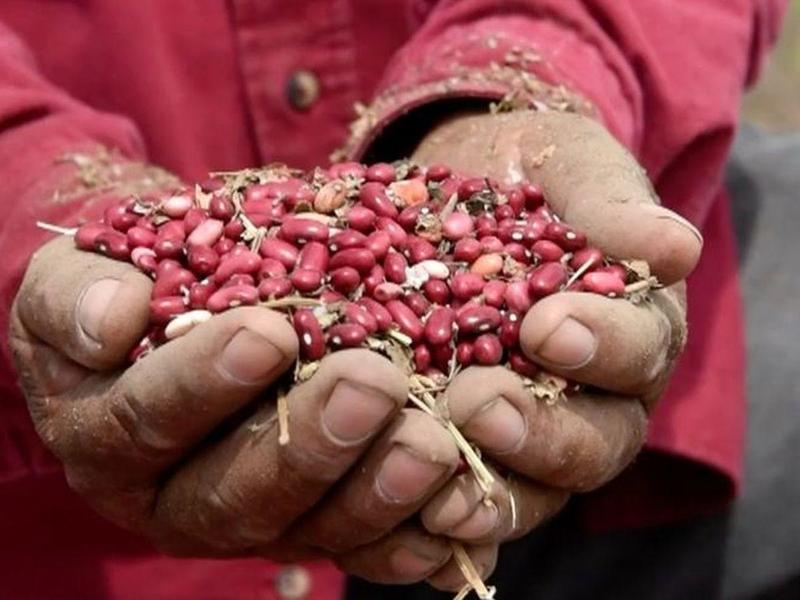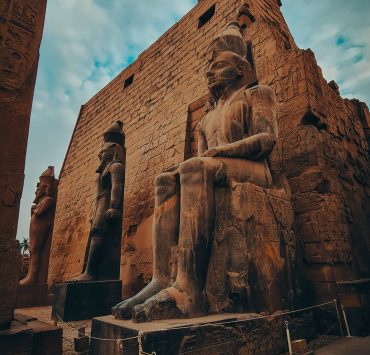Seeds in the hands of peasant farmers: a judgment in favour of food sovereignty in Honduras

GRAIN is a small international non-profit organisation that works to…
Read Next
By Biodiversidad – Published on Grain.org

Photo: ANAFAE
The Honduran Supreme Court of Justice has declared the Law for Protection of Plant Varieties unconstitutional. Also known as the Monsanto Law, this legislation was approved by Congress in this Central American country in 2012, and made it illegal to save, give away, or exchange seeds. This was part of the offensive waged by the International Union for the Protection of New Varieties of Plants (UPOV), an organisation which, as explained by GRAIN, “works exclusively and explicitly for the privatisation of seeds around the world, imposing intellectual property rights over plant varieties”. Honduras was one of the states which signed up to the UPOV Convention.
ANAFAE (National Association for the Promotion of Organic Farming), a group which has been advocating for organic farming and food sovereignty for over 25 years in Honduras, has spoken out against this law ever since it was passed, and in 2016, took legal action to declare it unconstitutional. It was rejected, but two years later, peasant farmer and independent producer groups filed a new motion, which led to the law being declared unconstitutional last November, and publicly communicated as such at the end of January this year.
The judgment on the unconstitutionality of the law was based on five main points:
1) “Legislative Decree no. 21-2012 represents an attack on our country’s sovereignty and right to self-determination, by granting plant breeders’ rights over our native seeds and plant varieties for eminently commercial use, to the detriment of our free use of our natural resources and wealth.”2) “The UPOV Convention, by means of Legislative Decree no. 21-2012, violates constitutional principles for life, human dignity, and the right of the Honduran people to an adequate standard of living.”3) “It represents an attack on the human right to nutrition and health, as well as the right of populations to nutritious, healthy, and culturally appropriate foods, in terms of access, availability, and safety.”4) “The content of Decree 21-2012 contradicts article 145 of the Constitution which recognises the obligation of the State of Honduras to protect the environment, with a view to protecting the health of its inhabitants.”5) “Legislative Decree 21-2012, containing the Law for Protection of Plant Varieties, contravenes the duty of the State of Honduras to safeguard our native cultures and farmers’ rights, which are constitutionally and internationally recognised.”
Based on these observations, the Honduran Supreme Court of Justice unanimously declared the “total unconstitutionality of the LAW FOR PROTECTION OF PLANT VARIETIES, owing to its contravention, restriction, and undermining of constitutional rules, international treaties signed by Honduras, and international standards concerning the protection of the right to adequate nutrition”.
ANAFAE considers that, rather than encouraging privatisation of seeds, the State should promote fairs where seeds can be exchanged and sold, and support the circulation of genetic material for agriculture and food between peasant farmers and indigenous people in Honduras. It should also take steps to bolster the conservation, management, and use of native seeds as a strategy to adapt to climate change.
Seeds are essential for life and for the full exercise of the human right to food. Without seeds, there can be no food, and without food, no people. After a ten-year fight, the peasant farmers of Honduras have achieved a resounding victory for life and food sovereignty.
Subscribe now for updates from Msingi Afrika Magazine!
Receive notifications about new issues, products and offers.
What's Your Reaction?
 PIN IT
PIN ITGRAIN is a small international non-profit organisation that works to support small farmers and social movements in their struggles for community-controlled and biodiversity-based food systems














